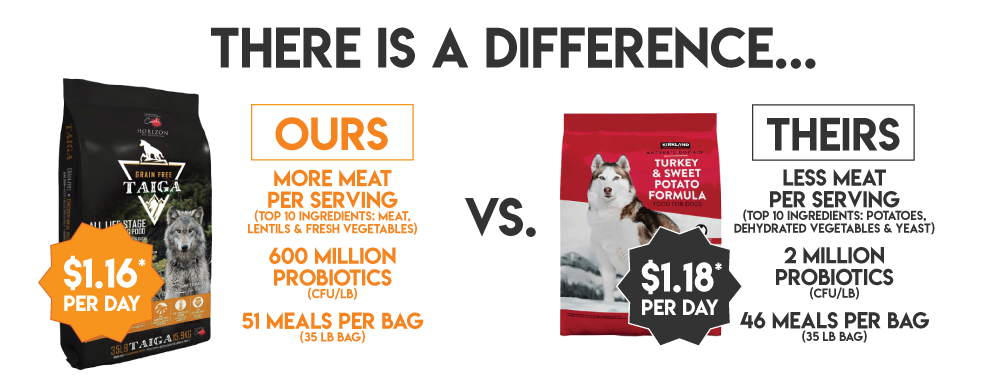Longevity for our dogs, begins with nutrition.
Today, more than ever, we know that most health issues can be well managed with the right nutrition.
Explore below all the different food options available for your pets.
Kibble
Convenient and easy to store, kibble provides balanced nutrition with a long shelf life. It helps maintain dental health by reducing plaque and tartar buildup through chewing.
Canned
High moisture content aids in hydration, making it beneficial for pets who don’t drink enough water. It is typically more palatable and can be easier to digest for some pets.
Raw
Mimics a natural diet with minimal processing, potentially leading to better overall health, shinier coats, and improved digestion. Often contains higher levels of natural enzymes and nutrients.
freeze-Dried
Preserves the nutritional integrity of raw food with the convenience of dry food, making it easy to store and transport. It can be fed as is or rehydrated, offering flexibility in feeding.
Dehydrated
Lightweight and easy to store, dehydrated food retains most nutrients due to low-temperature processing. It is rehydrated before feeding, which can help with pet hydration.
Toppers & Mixers
Enhance the taste and nutritional value of regular meals, making them more appealing to picky eaters. They can provide additional nutrients and variety to a pet’s diet.
Quality does not have to cost more.
Must Haves for Under $10
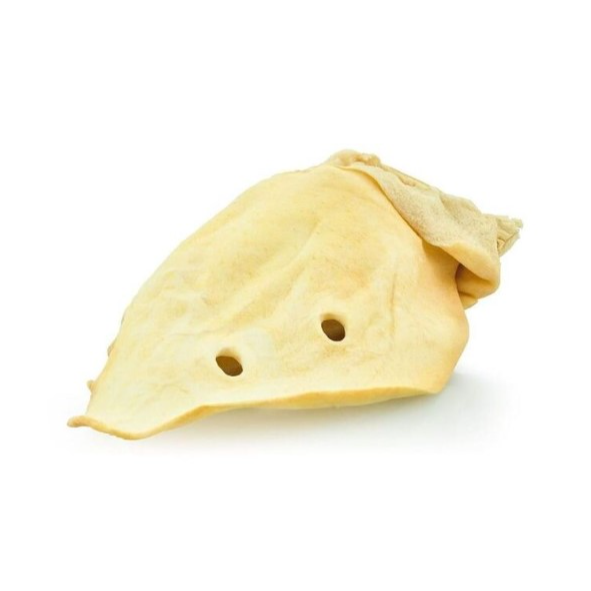
Cow Ear - $2.99
Protein rich and highly digestible, that cleans teeth while dog chews.

Taco Stuffy - $8.99
Feed your dog's inner foodie with these "delicious" yummy treats, one bite and they'll be in doggie heaven.
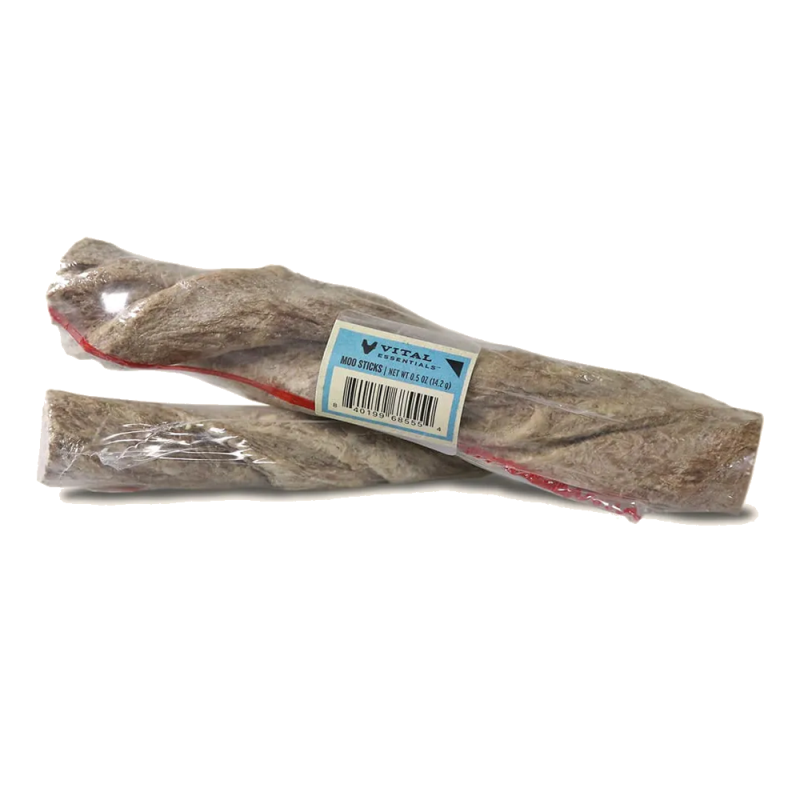
Moo Sticks - $3.99
Moo sticks are the perfect treat to help support your dogs ongoing vitality through raw protein.
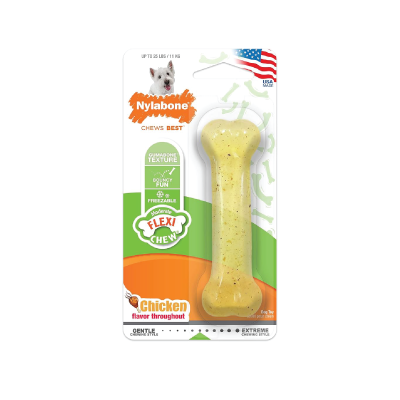
Nylabone - $7.99
Helps your pup fight boredom and encourages appropriate chewing habits, saving shoes and furniture from destructive chewing.
Are you considering a rotational meal plan?
Either way, feeding your pet a variety of different proteins, and food types can ensure that your pet enjoys a wide range of flavor profiles – that can create excitement for feeding time; and essential nutrients, that can also help reduce the chance of your pet developing allergies and sensitivities that can come from eating the same things day after day.
Not sure where to begin?
here are some quick "menus" to help
Build Your Pet's Bowl
Meal Option #1
Kibble, Wet Pouch or Canned Food,
and a Freeze Dried Topper
Meal Option #2
Canned Wet or Raw Food with a Dehydrated Topper
Meal Option #3
Kibble with Frozen Raw and a
Broth or Goat's Milk Topper
Meal Option #4
Dehydrated Food with
Frozen Raw or Canned Food
Meal Option #5
Raw, Freeze-Dried food and a
Broth or Goat's Milk Topper
Meal Option #6
Freeze Dried, Frozen Raw and
Wet Can or Pouch
Tips for a successful meal plan:
transition
Introduce each food/food type slowly to avoid digestive upset.
hydration
Ensure your dog stays hydrated, especially when feeding dry or dehydrated foods. Ensure that they always have fresh water.
Variety
Rotate protein sources within each food category to provide a well-balanced diet.
Consistency
Stick to a consistent feeding schedule to help your dog adjust to the variety.
Nutrition plays a pivotal role in pet health and longevity.
But did you know that it actually can help with pets battling disease?
Cancer is the number one killer affecting pet longevity today. Here are examples of how quality nutrition can support dogs with cancer:
Maintaining Body Weight and Muscle Mass
Cancer and its treatments can cause weight loss and muscle wasting. A nutrient-dense diet with adequate protein can help maintain body weight and muscle mass
Reducing Inflammation
Omega-3 fatty acids, found in fish oil, have anti-inflammatory properties that can help reduce inflammation associated with cancer and its treatment.
Providing Energy
Cancer can increase a dog's metabolic rate, so providing sufficient calories is essential. High-fat diets can provide a dense source of energy without requiring large volumes of food.
Enhancing Immune Function
Certain nutrients, such as vitamins A, C, E, and omega-3 fatty acids, can support the immune system, helping the dog's body fight cancer more effectively.
Managing Side Effects of Treatment
Dogs undergoing chemotherapy or radiation may experience side effects like nausea, vomiting, and diarrhea. A balanced diet with easily digestible ingredients can help manage these symptoms.
Support Organ Function
Nutrients like antioxidants can help protect organs from damage caused by cancer and its treatment.

